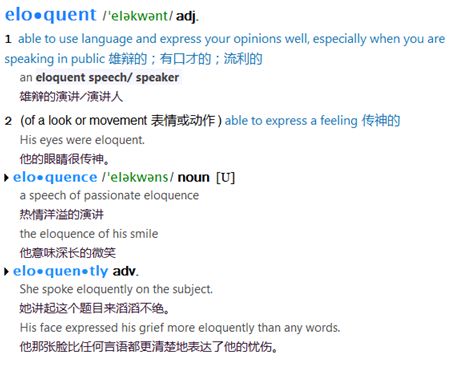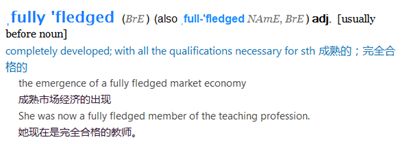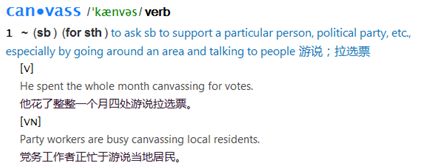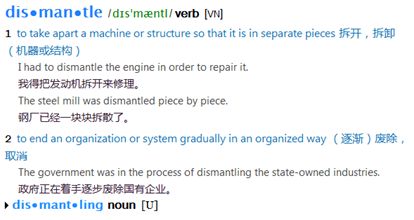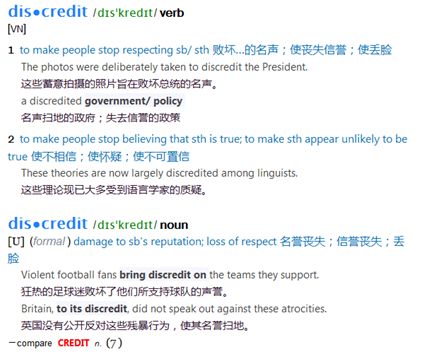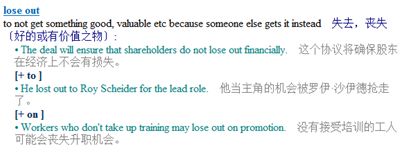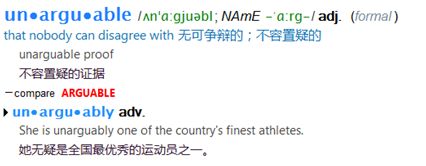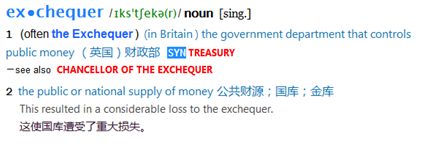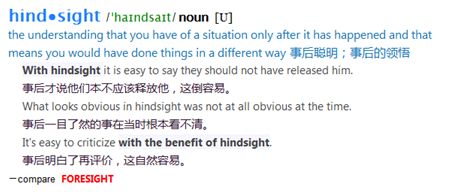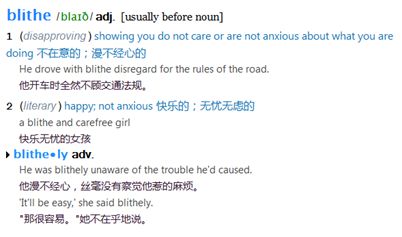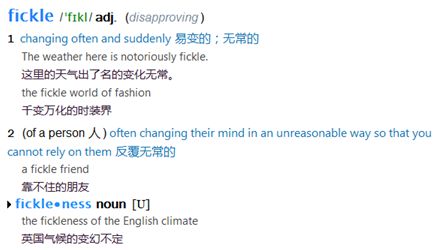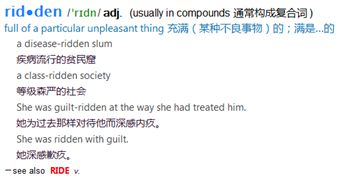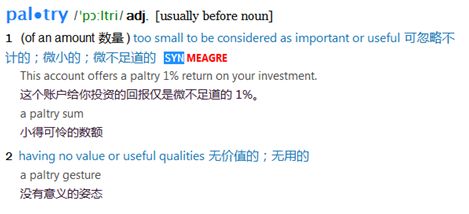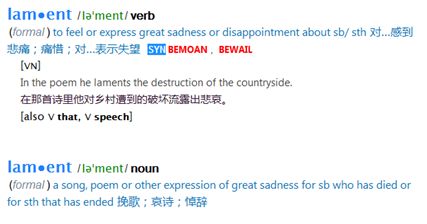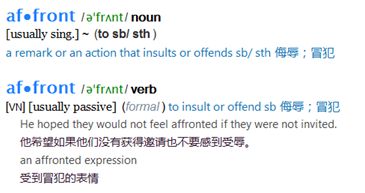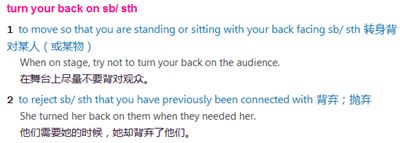本期原文选自The Economist 2016-10-01的Leaders板块文章Why they're wrong,释义来自牛津高阶七版、剑桥高阶学习词典英汉双解第3版、21世纪大英汉词典、元照英美法词典等资源。如果您也在学习The Economist,欢迎订阅我的文集The Economist,一起学习交流。英文修习者可以通过学习文中词汇,然后将商论的官方译文回译成英文,再对照英文原文进行比较,找出差距,以此提高自己的英文水平。
In September 1843 the Liverpool Mercury reported on a large free-trade rally in the city. The Royal Amphitheatre was overflowing【1】. John Bright, a newly elected MP, spoke eloquently【2】 on the merits of abolishing duties on imported food, echoing arguments made in The Economist, a fledgling【3】 newspaper. Mr Bright told his audience that when canvassing【4】, he had explained “how stonemasons, shoemakers, carpenters and every kind of artisan suffered if the trade of the country was restricted.” His speech in Liverpool was roundly cheered【5】.
【1】overflow本义是溢出、漫出;overflow (with sth) 挤满了人
【2】eloquent 雄辩的,有口才的,传神的;副词eloquently;名词eloquence
【3】fledgling新生的;fledged 羽翼已丰的;fully-fledged 成熟的,完全合格的
【4】canvass (sb) (for sth) 游说,拉选票;to carry out a canvass(名词); canvasser游说者,(选举中)监督投票的人
【5】roundly cheered 赢得满堂喝彩;roundly 有力地,广泛地
It is hard to imagine, 173 years later, a leading Western politician being lauded for a defence of free trade. Neither candidate in America’s presidential election is a champion【6】. Donald Trump, incoherent on so many fronts, is clear in this area: unfair competition from foreigners has destroyed jobs at home. He threatens to dismantle【7】 the North American Free Trade Agreement, withdraw from the Trans-Pacific Partnership (TPP) and start a trade war with China. To her discredit【8】, Hillary Clinton now denounces the TPP, a pact she helped negotiate. In Germany, one of the world’s biggest exporters, tens of thousands took to the streets earlier this month to march against a proposed trade deal between the European Union and the United States (see article).
【6】champion 捍卫者,拥护者
【7】dismantle 本义是拆开,引申义为废除,取消
【8】to sb's discredit 使某人名誉扫地
The backlash against trade is just one symptom of a pervasive anxiety about the effects of open economies. Britain’s Brexit vote reflected concerns about the impact of unfettered migration on public services, jobs and culture. Big businesses are slammed for using foreign boltholes【9】 to dodge taxes. Such critiques contain some truth: more must be done to help those who lose out【10】 from openness. But there is a world of difference between improving globalisation and reversing it. The idea that globalisation is a scam that benefits only corporations and the rich could scarcely be more wrong.
【9】bolthole躲避处;bolt是螺栓的意思,bolthole是螺栓孔,这里是引申义;bolthole to dodge taxes 避税天堂(跟The Economist 2016-9-17的Leaders板块文章A giant problem中的tax heaven意思相近)
【10】lose out 丧失,得不到
The real pro-poor policy
Exhibit A【11】 is the vast improvement in global living standards in the decades after the second world war, which was underpinned by an explosion in world trade. Exports of goods rose from 8% of world GDP in 1950 to almost 20% a half-century later. Export-led growth and foreign investment have dragged hundreds of millions out of poverty in China, and transformed economies from Ireland to South Korea.
【11】Exhibit A 主要证据
Plainly【12】, Western voters are not much comforted by this extraordinary transformation in the fortunes of emerging markets. But at home, too, the overall benefits of free trade are unarguable【13】. Exporting firms are more productive and pay higher wages than those that serve only the domestic market. Half of America’s exports go to countries with which it has a free-trade deal, even though their economies account for less than a tenth of global GDP.
【12】plainly 直截了当地,坦白地,简单明了地
【13】unarguable 无可置疑的;unarguably 毋庸置疑地
Protectionism, by contrast, hurts consumers and does little for workers. The worst-off benefit far more from trade than the rich. A study of 40 countries found that the richest consumers would lose 28% of their purchasing power if cross-border trade ended; but those in the bottom tenth would lose 63%. The annual cost to American consumers of switching to non-Chinese tyres after Barack Obama slapped on【14】 anti-dumping tariffs in 2009 was around $1.1 billion, according to the Peterson Institute for International Economics. That amounts to over $900,000 for each of the 1,200 jobs that were “saved”.
【14】slap sth on sth 强制实行
Openness delivers other benefits. Migrants improve not just their own lives but the economies of host countries: European immigrants who arrived in Britain since 2000 have been net contributors to the exchequer【15】, adding more than £20 billion ($34 billion) to the public finances between 2001 and 2011. Foreign direct investment delivers competition, technology, management know-how and jobs, which is why China’s overly cautious moves to encourage FDI disappoint (see article).
【15】exchequer 国库,(英国)财政部
What have you done for me lately?
None of this is to deny that globalisation has its flaws. Since the 1840s advocates of free trade have known that, though the great majority benefit, some lose out. Too little has been done to help these people. Perhaps a fifth of the 6m or so net job losses in American manufacturing between 1999 and 2011 stemmed from Chinese competition; many of those who lost jobs did not find new ones. With hindsight【16】, politicians in Britain were too blithe【17】 about the pressures that migration from new EU member states in eastern Europe brought to bear on public services. And although there are no street protests about the speed and fickleness【18】 in the tides of short-term capital, its ebb and flow【19】 across borders have often proved damaging, not least in the euro zone’s debt-ridden【20】 countries.
【16】hindsight 后见之明,事后诸葛亮
【17】blithe 漫不经心的
【18】fickleness 变化无常;fickle 变化无常的
【19】ebb and flow起伏消长;ebb 落潮,退潮
【20】debt-ridden债台高筑的;-ridden 充满,充斥
As our special report this week argues, more must be done to tackle these downsides. America spends a paltry【21】 0.1% of its GDP, one-sixth of the rich-country average, on policies to retrain workers and help them find new jobs. In this context, it is lamentable【22】 that neither Mr Trump nor Mrs Clinton offers policies to help those whose jobs have been affected by trade or cheaper technology. On migration, it makes sense to follow the example of Denmark and link local-government revenues to the number of incomers, so that strains on schools, hospitals and housing can be eased. Many see the rules that bind signatories to trade pacts as an affront【23】 to democracy. But there are ways that shared rules can enhance national autonomy. Harmonising norms on how multinational firms are taxed would give countries greater command over their public finances. A co-ordinated approach to curbing volatile capital flows would restore mastery over national monetary policy.
【21】paltry 微不足道的
【22】lamentable 令人遗憾的,令人惋惜的;lament 对……表示失望;挽歌,悼词
【23】affront 侮辱,冒犯
These are the sensible responses to the peddlers of protectionism and nativism. The worst answer would be for countries to turn their backs on【24】 globalisation. The case for openness remains much the same as it did when this newspaper was founded to support the repeal of the Corn Laws【25】. There are more—and more varied—opportunities in open economies than in closed ones. And, in general, greater opportunity makes people better off. Since the 1840s, free-traders have believed that closed economies favour the powerful and hurt the labouring classes. They were right then. They are right now.
【24】turn sb's back on sth 本义是转身背对着,引申为背弃,反对
【25】Corn Laws 《谷物法》,对各种谷物进口规定保护性关税的法律,于1846年被废止。
【小结】(参考官方译文)
1843年9月的一天,利物浦皇家剧场挤满了人(overflowing),约翰•布莱特在台上滔滔不绝地(eloquently)论述取消食品进口关税的诸多好处,这与当时新生的(fledgling)《经济学人》的观点相呼应。他说,在拉票(canvassing)时他解释了如果英国的贸易受到限制,各行各业的手艺人会遭什么罪,他的演讲赢得了满堂喝彩(roundly cheered)。而今,两位美国总统候选人都不是自由贸易捍卫者(champion)。唐纳德·特朗普声称要废除(dismantle)北美自由贸易协定。希拉里·克林顿也抨击了她曾协助谈判的跨太平洋伙伴关系协定,这令她信誉尽失(to her discredit)。人们对开放经济的影响充满焦虑,而对贸易的强烈反对(backlash)只是其中一个表象而已。大公司因利用国外避税天堂(boltholes)逃税(dodge taxes)而备受抨击。所以必须帮助那些经济开放过程中的输家(those who lose out from openness)。自由贸易才是真正有利穷人的政策(pro-poor policy),其首要证据(Exhibit A)是依靠(underpined by)全球贸易的爆炸式发展,二战后数十年里全球生活水平得到巨大改善。坦白地说(plainly),新兴市场国家命运发生了非凡转变,这让西方选民不太舒服。但在国内,自由贸易的总体效益也毋庸置疑(unarguable)。相比之下,贸易保护主义对消费者和工人都无益处。2009年奥巴马对中国轮胎强制实行(slapped on)反倾销税之后,美国消费者转而购买非中国产轮胎的成本高得多。贸易开放还会带来其他好处。2000年以来,进入英国的欧洲大陆移民一直是英国国库的净贡献者(net contributors to the exchequer)。然而,全球化不无缺憾。从1999到2011年,美国的制造业就业岗位大量减少,这与中国的竞争有关。事后看来(With hindsight),对于欧盟东欧新成员国移民给公共服务造成的压力,英国政客也太掉以轻心(blithe)。虽然对于短期资本快速而无常(fickleness)的流动还没出现街头抗议,但资本的跨境涌入和流出(ebb and flow)却常常造成损害,尤其是在欧元区里那些债台高筑(debt-ridden)的国家更是如此。要想解决这些问题,还需更多举措。对于再培训工人、帮助失业工人再就业的政策方面,美国的支出微不足道(paltry),仅为其GDP的0.1%。在这种情况下,特朗普和希拉里都没有提出帮助失业人群的政策,这很可悲(lamentable)。许多人认为贸易协定绑定签署国的做法是对民主的侵犯(affront),但还是有办法通过共享的规则来强化国家自主权。建立跨国公司征税的协调规范,协同控制资本剧烈流动,这些都是对贸易保护主义和本土主义鼓吹者的明智回应。最糟糕的结果是各国转而反对(turn their backs on)全球化。本刊初创时支持废除《谷物法》(the Corn Laws),而今仍需要保持开放。与封闭经济体(closed economies)相比,开放经济体(open economies)会有更多机会,让人民走上富裕(better off)之路。19世纪40年代以来,自由贸易主义者一直相信封闭经济体对权贵阶层有利,而对劳工阶层不利。他们的观点在那时是对的,而现在也是正确的。
注:本文仅供学习交流之用,不代表作者观点。

